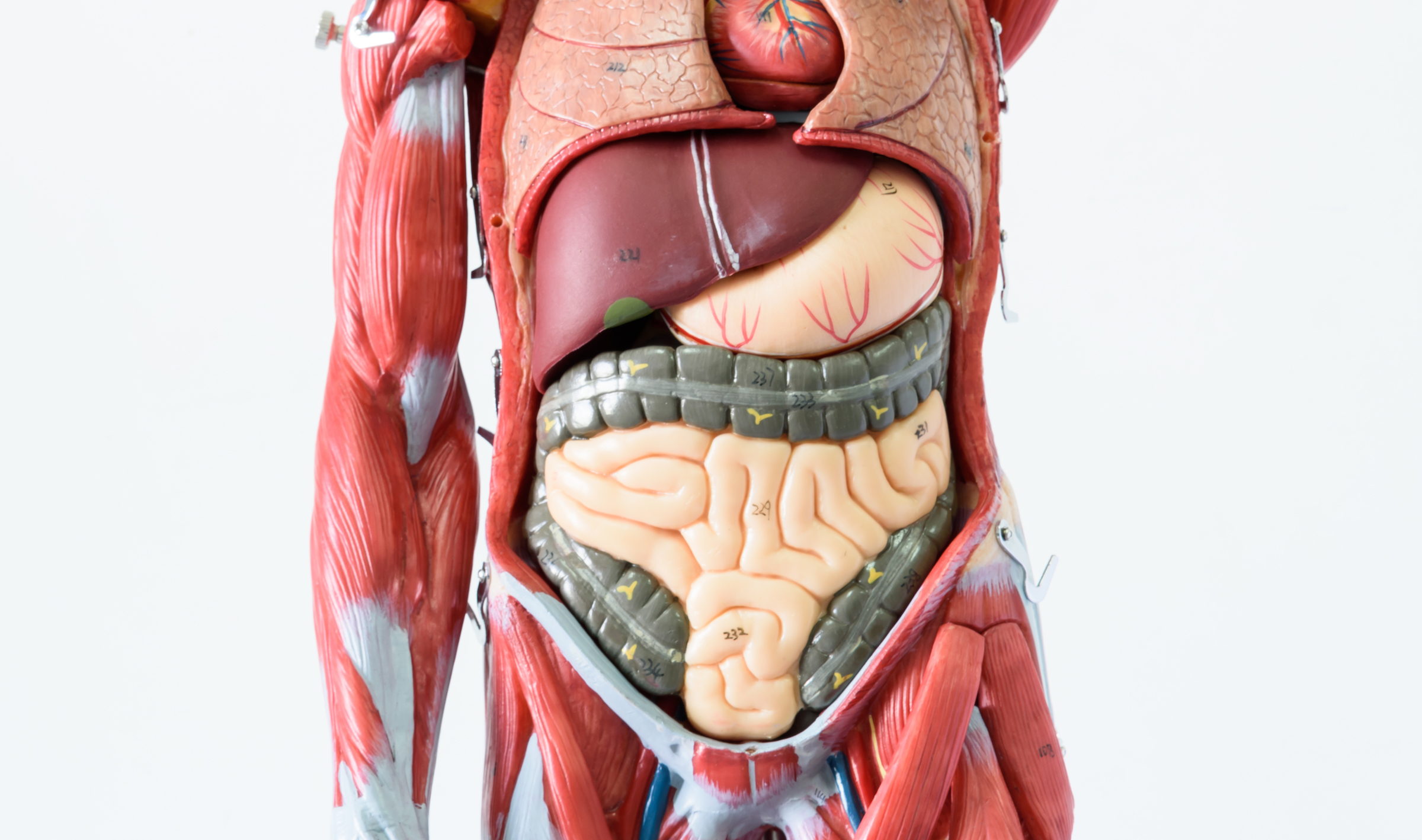How many organs are in the human body?
It depends if you count teeth as a group or separately.

Get the world’s most fascinating discoveries delivered straight to your inbox.
You are now subscribed
Your newsletter sign-up was successful
Want to add more newsletters?

Delivered Daily
Daily Newsletter
Sign up for the latest discoveries, groundbreaking research and fascinating breakthroughs that impact you and the wider world direct to your inbox.

Once a week
Life's Little Mysteries
Feed your curiosity with an exclusive mystery every week, solved with science and delivered direct to your inbox before it's seen anywhere else.

Once a week
How It Works
Sign up to our free science & technology newsletter for your weekly fix of fascinating articles, quick quizzes, amazing images, and more

Delivered daily
Space.com Newsletter
Breaking space news, the latest updates on rocket launches, skywatching events and more!

Once a month
Watch This Space
Sign up to our monthly entertainment newsletter to keep up with all our coverage of the latest sci-fi and space movies, tv shows, games and books.

Once a week
Night Sky This Week
Discover this week's must-see night sky events, moon phases, and stunning astrophotos. Sign up for our skywatching newsletter and explore the universe with us!
Join the club
Get full access to premium articles, exclusive features and a growing list of member rewards.
Since ancient times, humankind has sought to understand the guts inside us. Ancient Egyptians handled human organs as they removed them for embalming. Medical manuscripts found in an ancient Chinese tomb may be the earliest-known anatomical writing about the human body. Thousands of years later, do we know how many organs are in the human body?
Organs are collections of tissues that work together for a common goal, explained Lisa M.J. Lee, an associate professor in the Department of Cell & Developmental Biology at the University of Colorado School of Medicine. "Every organ provides a function for human performance or survival," she told Live Science.
But not every organ is necessary for survival. Only five organs — the brain, heart, liver, at least one kidney, and at least one lung are absolutely essential for living. Losing total function of any one of these vital organs spells death. Remarkably, the human body can survive without a lot of other organs, or by replacing a non-functioning organ with a medical device.
Related: Why do we have an appendix?
As for counting organs in the human body, it depends on whom you ask and how you count, Lee said. Although no one knows where the number originates, the general count is 78 organs, she said. This list includes the vital organs: the tongue, stomach, thyroid, urethra, pancreas, plus many other single or pairs of organs. Bones and teeth are each counted only once.
Among anatomists, viewpoints differ on what counts as an organ. A histologist like Lee, who studies tissue at the microscopic level, may have a longer list of organs than a gross anatomist, who studies what's visible to the unaided eye. For example, scientists made headlines in 2017 for labeling the mesentery, which attaches the intestines to the abdominal wall, as an organ. Even though the scientists provided new evidence to call it an organ, it was not controversial, as many histologists and anatomists agreed, Lee explained. But there's no group charged with keeping an official count of the organs or deciding what qualifies as an organ.
Thinking microscopically, when multiple types of tissues join together and function together, the unit is an organ, she said. Lee could call a nail, or structures that support the nail, an organ, and count each tooth as an individual organ. "I would consider each bone an organ, and all 206 bones collectively together, is considered an organ system." Because bones are already listed once on the list of 78, to get a tally of the total number of organs using this definition, just add 205, for a total of 284 organs.
Get the world’s most fascinating discoveries delivered straight to your inbox.
Counting each tooth separately brings the list to 315 organs. Many other organs are listed only once, even though there are many of them throughout the body. For instance, ligaments and tendons could dramatically increase the total number of organs when counted individually. This game is endless. The list of 78 counts the nerves just once, but there are trillions of them.
Exhausted? Lee often tells her medical and graduate school students to be OK with this type of ambiguity. However you count them, you should take care of the organs you do have, she added. "More and more, I'm finding out how important it is that you put the right stuff in your body to feed your cells, your tissues and your organs," Lee said. After all, the body only has so many performers at its organ recital.
Originally published on Live Science.

Dani Leviss is a freelance science writer and fact-checker based in New Jersey. She often covers water, animals, art, chemistry and technology. She has written for Scholastic, Hakai Magazine, IEEE Earthzine and News-O-Matic. Dani has a bachelor's degree in chemistry from Drew University in New Jersey. She also has a master's degree in science journalism from New York University.
 Live Science Plus
Live Science Plus











